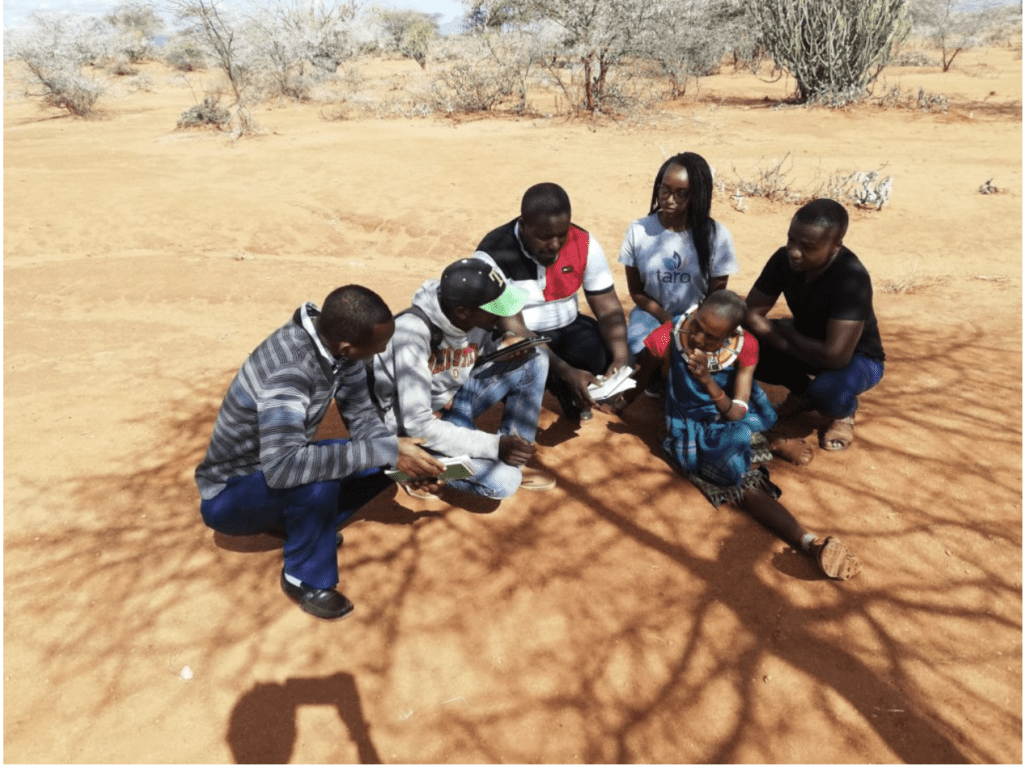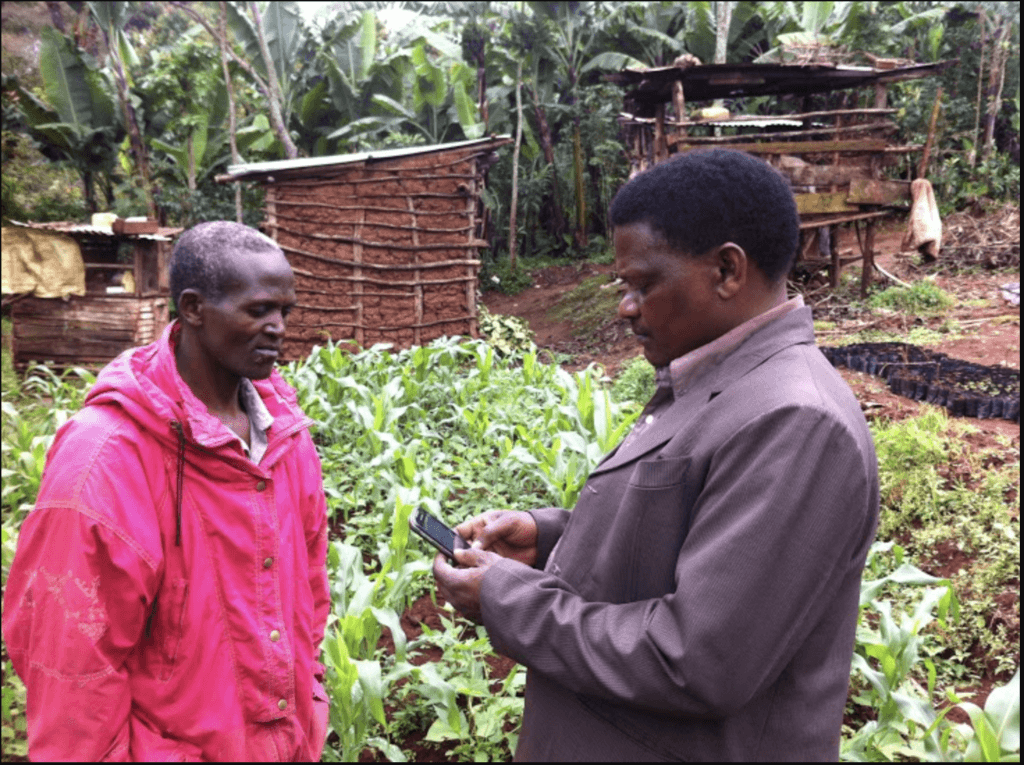
Search
As technology progresses, so does the potential for this technology to create innovative solutions to international development challenges. In order to address this and bring attention to global development problems and the need to strengthen international cooperation to solve them, the United Nations has declared today as ‘World Development Information Day’. This year, the theme is ‘Information and Communication Technologies – New Solutions to Development Problems’.
We are living in a great digital divide, with significant disparities in access to information and communications technology, as well as broadband connectivity between countries at different levels of development. So how can we use technology to address this divide?
At TaroWorks, we know that data isn’t a peripheral off-shoot of international development. Data is an important and key tool to deliver genuine change. So how exactly can data technology like Salesforce and TaroWorks address the digital divide? Read a few key examples of how TaroWorks and Salesforce use data to intervene and make genuine changes to help international development.
In 2011, Islamic Relief Worldwide – an international development organization that supports over 80,000 sponsored orphans in 27 countries – looked to cloud and mobile technology to help manage program growth. They began with the installation of Salesforce’s CRM, followed by tools from Conga to help automatically create formatted reports for distribution to their diverse donors. In 2021

TaroWorks’ was deployed to allow Islamic Relief’s nearly 350 data collectors to register orphans and their family members into the program, and to create stakeholders in donor reports.
Data gathered offline while using TaroWorks is uploaded to Salesforce and visualized in real-time dashboards. Aggregating data through improved reports has helped Islamic Relief teams spot trends and keep an eye on key indicators that might prompt quick intervention – like the rate of HIV cases, instances of malnutrition or even early or forced marriage. Identifying orphans with health or other issues allows the program to prioritize sponsorship recipients with the greatest needs.
The BOMA Project works with ultra-poor women by helping them launch small businesses, build savings, access healthcare and gain life skills through the Poverty Graduation Model. Developed by BRAC, the ‘Poverty Graduation Model’ works to foster resilience and “graduate” people out of extreme poverty. The BOMA Project uses TaroWorks and Salesforce to help target the best program candidates, monitor individual and group performances and assess the productivity of BOMA Project’s field staff who assist the women entrepreneurs.

These tools support international development by including field surveys and data dashboards that qualify program participants, and forms which register women-owned small enterprises. Providing ultra-poor women with financial stability is a cornerstone of the Poverty Graduation Model. The BOMA Project also uses mobile devices and online analytics tools to award financial grants that recognize program participants’ progress and to administer loans the women disburse themselves through savings groups formed with BOMA Project’s help.
Trees for the Future – an organization focused on finding ways to improve people’s lives in the developing world by planting beneficial trees – was looking for a way to use data to better identify which areas did and did not have extreme levels of poverty. In 2014, they conducted an M&E assessment study and found TaroWorks and Salesforce.

Since incorporating an offline mobile CRM, Trees for the Future has wholeheartedly taken to data-driven decision making. Metrics are now the driving force in all departments. They use TaroWorks and Salesforce to capture a wide variety of data including selecting and prioritizing high-impact areas with an M&E methodology, monitoring food & economic security levels of participant households across three countries and two languages and running reports to improve data quality and quality control.
POST TOPICS
Sign up to receive emails with TaroWorks news, industry trends and best practices.
TaroWorks, a Grameen Foundation company.
Site by V+V